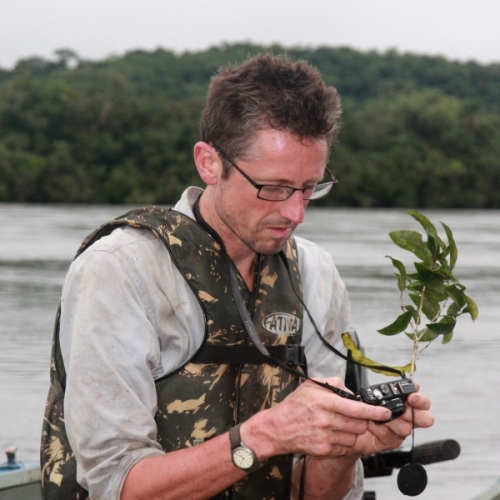Discover our expert stories
Discover how numerous experts from our community are accelerating the 2030 Agenda and its ambitious goals. Explore their innovative ideas, technological solutions and visionary perspectives that drive progress towards a sustainable future.
Tune in to the sustainable technology and innovation podcast which features five stories from leading experts in technological innovation, focusing on the latest sustainable technologies. Watch the video or listen on Spotify!
Visit the "Habitat: Embracing change in the post-2030 future" online exhibition, showcasing the sustainability work of 17 multidisciplinary experts from 12 countries. This exhibition features regional stories with global insights on achieving the SDGs by 2030 and offers recommendations for a resilient future beyond.
















